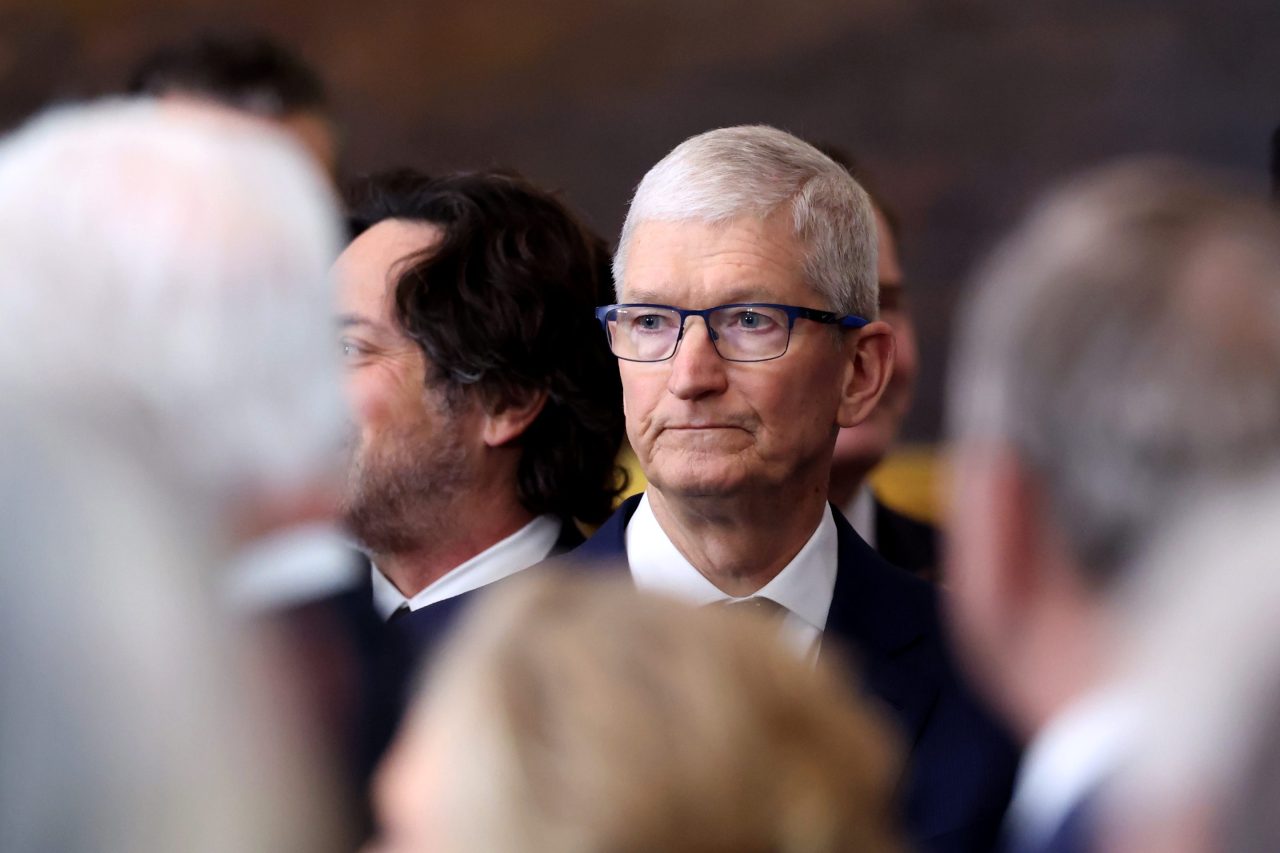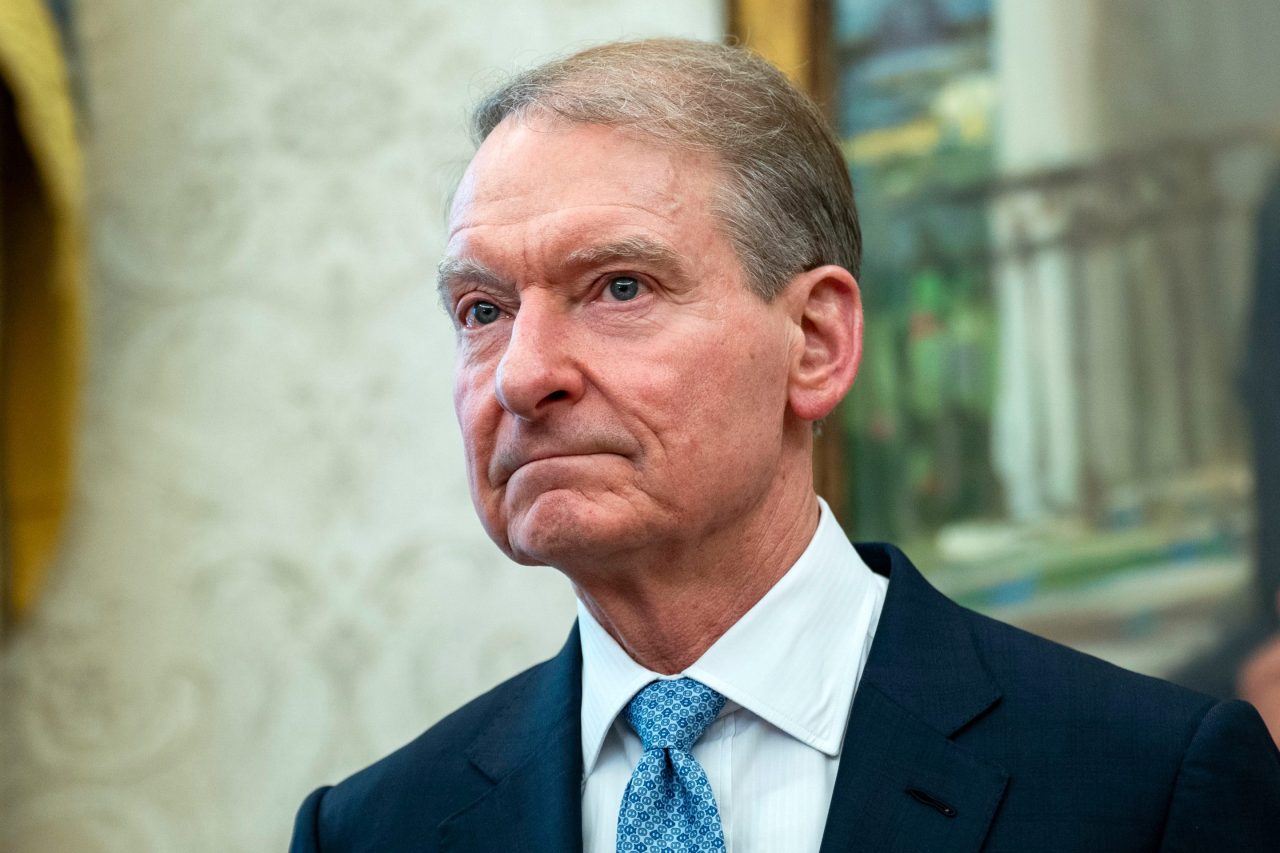The UK economy has officially entered a period of stagnation, with official data revealing zero growth between July and September. This revised figure follows a series of disappointing economic indicators, including an inflation surge not seen in eight months and an unexpected contraction in October. As the economy teeters, business leaders and policymakers are bracing for a potentially tough year ahead.
The Confederation of British Industry (CBI), representing over 170,000 firms, has painted a grim picture for the nation’s economic outlook. According to its latest survey, private sector businesses across all industries expect a “steep decline in activity” in early 2025. Expectations are at their lowest in over two years, with the CBI’s interim deputy chief economist, Alpesh Paleja, warning that economic activity could face a significant downturn. A separate survey from the British Retail Consortium (BRC) has similarly raised alarms. The group, which includes major retailers such as Marks & Spencer and Tesco, warns of a “January spending squeeze,” as consumer confidence continues to plummet. With retailers already struggling to maintain sales growth, many will be forced to raise prices or cut costs, potentially closing stores and freezing recruitment.
For many businesses, the challenges are already here. Mick Dore, general manager of the Alexander pub in Wimbledon, expressed concern over rising costs, particularly due to an increase in national insurance contributions that will hit his 50-60 staff members in April. Despite the festive rush in December, which has brought in business, Dore remains cautious about the impact of higher costs in the new year. However, he remains cautiously optimistic, echoing a sentiment shared by many: the UK has weathered tough times before, and it will likely do so again.
The economic stagnation has sparked a political battle. Chancellor Rachel Reeves acknowledged the immense challenge of reversing the economic decline after 15 years of “neglect.” Meanwhile, Shadow Chancellor Mel Stride pointed to the zero growth figures as evidence of “growth tanking under Labour’s watch.” The Labour party has promised to deliver the highest sustained economic growth in the G7 nations, but with businesses already warning of the impact of recent budget measures—including an increase in employer national insurance contributions and a higher minimum wage—it remains to be seen whether these pledges will materialize. Reeves, on the other hand, is confident that Labour’s upcoming budget will set the stage for “sustainable long-term growth,” focusing on increased investment and systemic reforms to boost the economy. Yet, as economic forecasts darken, pressure mounts on the government to deliver results quickly.
As the UK heads into 2025, economists are divided on whether the country is facing a typical post-election slowdown or if a more severe recession looms. Paul Dales, chief economist at Capital Economics, suggested that it’s still too early to judge the impact of Labour’s policies, but acknowledged that business and household spending has slowed, especially in response to the October Budget. However, he remains optimistic that a recovery could begin in the second half of 2025, once the drag from higher interest rates begins to ease. Simon French, chief economist at Panmure Liberum, expressed concerns that this could be more than just a temporary slowdown. With momentum already lost post-election, there are growing fears that the UK might be on the brink of a deeper recession.
One of the most concerning aspects of the current situation is the lack of growth in household disposable income. Despite hopes for a rebound, real household disposable income per head showed no growth in the revised figures, reflecting the ongoing financial strain for many families. With inflation rising and wages stagnating, the cost of living continues to squeeze household budgets, making it harder for people to keep up with rising prices.
As the Bank of England continues to hold interest rates steady, it’s clear that the UK economy is struggling to regain its footing. While the government pushes for policies aimed at fostering long-term growth, businesses and consumers alike are left grappling with the immediate consequences of a sluggish economy. Whether the measures currently on the table will be enough to steer the country out of stagnation remains uncertain—but one thing is clear: the path ahead is fraught with challenges, and the UK will need to navigate this precarious economic landscape carefully in the coming year. With political leaders at odds and economic forecasts pointing toward a rocky road ahead, the UK’s economic future remains in the balance. Whether the economy can overcome these challenges and recover in 2025 will depend on the effectiveness of upcoming policies and the resilience of businesses and consumers alike.




